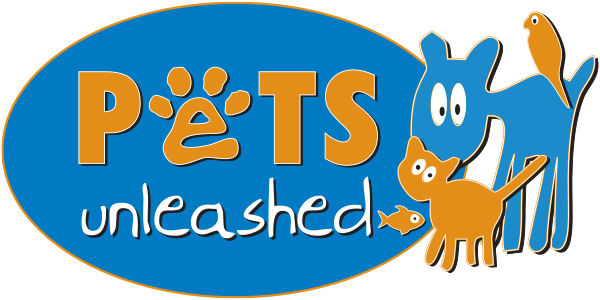Puppy Check List
A list of things you should consider in preparation for the arrival of your new puppy:
- Food – a premium food is always recommended over cheaper alternatives. There are a number of reasons why veterinarians recommend these premium foods. We have a variety of foods available. Please ask our staff to explain the differences. Always check the specific size and age requirement for your puppy
- Bowls – for water and food. It is recommended that more than one water bowl is used, in case your puppy knocks the bowl over. Consider the size of your puppy when purchasing bowls.
- Bed – consider the size your puppy is now and the size it will grow into. For larger dogs, allow room for your puppy to grow – larger breed puppies can grow quickly. If your dog is to spend a lot of time outside a mat or flea free bed for outside should be considered as well as a kennel.
- Flea, Intestinal Worming & Heartworm treatments – your breeder or the place you purchased your puppy from should have told you what treatments your puppy has had and when it’s next ones are due. Flea treatment is usually given once a month, intestinal worming every 2 or 4 weeks for the first 6 months and heartworm every 6 months. Please ask our staff to explain the different options and requirements. We recommend you ask your vet to run through the requirements for ongoing treatment when you take your puppy for it’s vaccinations.
- Toys – Toys are not just for your puppy to “play” with. They help to occupy and stimulate your puppy as well as help with teething. Chewing is a natural urge for most dogs. A variety of toys or treat balls and rotating them to prevent boredom is recommended. Consider as a starter a “Kong” toy, a cuddly toy or rope toy and a treat ball.
- Treats – a variety of healthy or natural treats are available. Treats should be used for both training purposes and to help relieve separation anxiety in new puppies.
- Crate / Toilet training aids – Crate training is a great way to help your dog settle in to your home, feel safe and help with toilet training. Crate training also helps for when your pet has to travel or stay at the vet. Other toilet training aids are also available – please ask us to show you.
- Collar & lead – whilst your puppy may be too young to take for walks yet, it’s a good idea to get it used to wearing a collar and even walking around the house on a lead. Try to get a collar that allows for rapid growth in the first few months and is also strong enough to hold your puppy without breaking
- ID Tag – a simple addition to their new collar that will ensure you can be quickly contacted should your new puppy manage to escape or wander off. Include one or two contact phone numbers & even their council tag ID number
- Grooming brushes / combs – a variety of brushes and combs are available for different sized dogs and breeds. All dogs require regular combing and brushing to remove dead, loose hair and to prevent matting.
- Shampoo – many people like to wash their new puppy. Ensure you get one recommended for puppies or an organic (no-chemical) shampoo.
- Puppy Class & Training Information – please ask us to advice on local puppy classes & training information.
